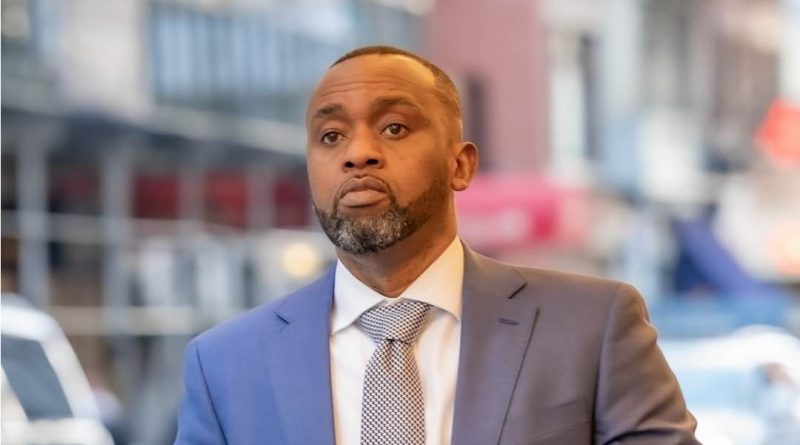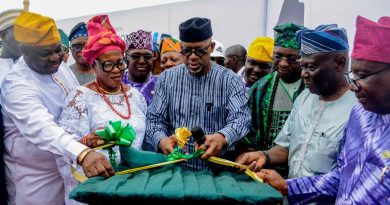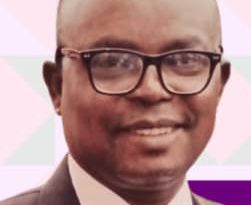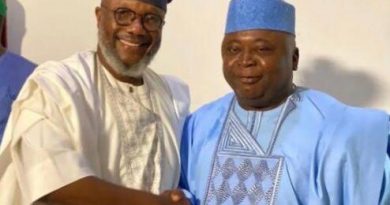From Politics To Terrorism? Canada’s Dangerous Redefinition Of Nigeria’s democracy
By Olufemi Soneye
When a Canadian federal court recently declared Nigeria’s two largest political parties, the ruling All Progressives Congress (APC) and the opposition Peoples Democratic Party (PDP) as terrorist organizations under Canadian law, it wasn’t just an immigration decision. It was a political earthquake with consequences that could reverberate far beyond Canada’s borders.
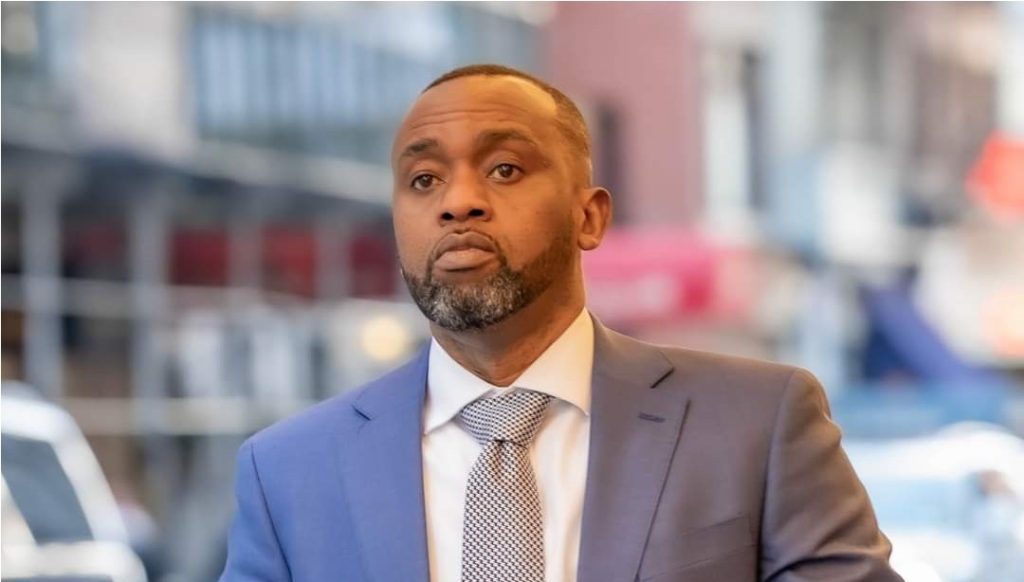
This decision, made during an asylum case involving Nigerian politician Douglas Egharevba, was based solely on his past membership in these parties. No evidence was presented to show his personal involvement in violence or terrorism. Yet, under Canada’s Immigration and Refugee Protection Act, affiliation alone with a designated terrorist group is enough to bar entry.
The implications are deeply troubling. Legally, the ruling sets a precedent that political affiliation, no matter how commonplace or mainstream can be equated with terrorism. Diplomatically, it risks souring Canada-Nigeria relations by painting the country’s core democratic institutions with the same brush as extremist groups.
For Nigerians abroad, especially those who have ever held a party membership card, it signals heightened scrutiny, denied visas, and rejected asylum claims not only in Canada but potentially in other Western democracies that may follow suit.
Even more alarming is what this means for democracy. Labeling established political parties as terrorist organizations undermines their legitimacy at home and abroad. It blurs the vital line between dissent and danger, between governance and extremism. Once such a label is applied, it can be wielded, domestically or internationally as a tool to silence opposition, suppress political participation, and erode civil liberties.
Terrorism is a grave charge. To weaponize it against political organizations that have governed a democracy for decades is to dilute the meaning of the term and cheapen the fight against genuine extremists. It also blurs the essential boundary between political disagreement and criminal threat, a boundary that safeguards democratic life.
Canada has long been a champion of democratic values abroad. This ruling contradicts that legacy. It must be revisited, challenged, and corrected, not just for Nigeria’s sake, but for the integrity of democratic politics everywhere. If this precedent stands, no political party, in any country, is safe from being redefined into illegitimacy by a foreign court.
One immediate consequence of the Canadian ruling is that law-abiding Nigerian youths, both at home and across the diaspora could be branded “terrorist” solely for past or present affiliation with the APC or PDP. I know for a fact that the immigration laws of the US and Canada allow inadmissibility based on membership in a group deemed terrorist, this creates a real risk of collateral stigma for young people whose involvement was purely civic. The prospect of visa denials, asylum rejections, or routine travel scrutiny will chill legitimate political participation among youths who are the lifeblood of party renewal. Far from strengthening democracy, such deterrence erodes pluralism by pushing emerging voices out of mainstream politics.
The world should take note: when courts begin deciding which foreign political parties are “terrorists,” the erosion of democracy is no longer theoretical, it has begun.
This is not merely Canada’s internal immigration matter. It’s a global warning. If the definition of terrorism can be stretched to encompass mainstream political organizations in one of Africa’s largest democracies, then no political movement anywhere is safe from being redefined into illegitimacy.
Canada’s decision is not just about Douglas Egharevba, it’s about the dangerous precedent it sets. And if democratic nations don’t push back on this kind of overreach, they may one day find their own politics on trial in a foreign court.
Soneye is a seasoned media strategist and former Chief Corporate Communications Officer of NNPC Ltd, known for his sharp political insight, bold journalism, and high-level stakeholder engagement across government, corporate, and international platforms

